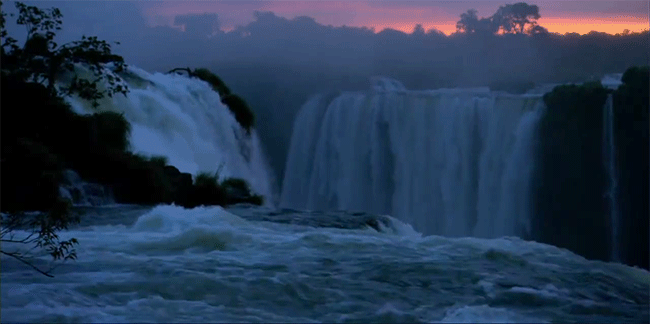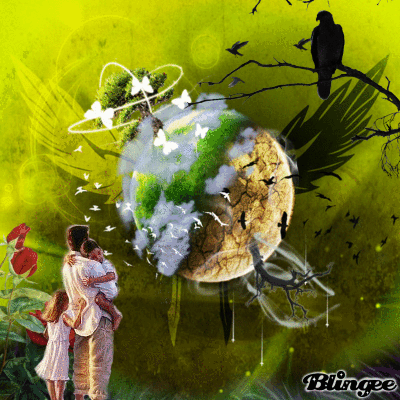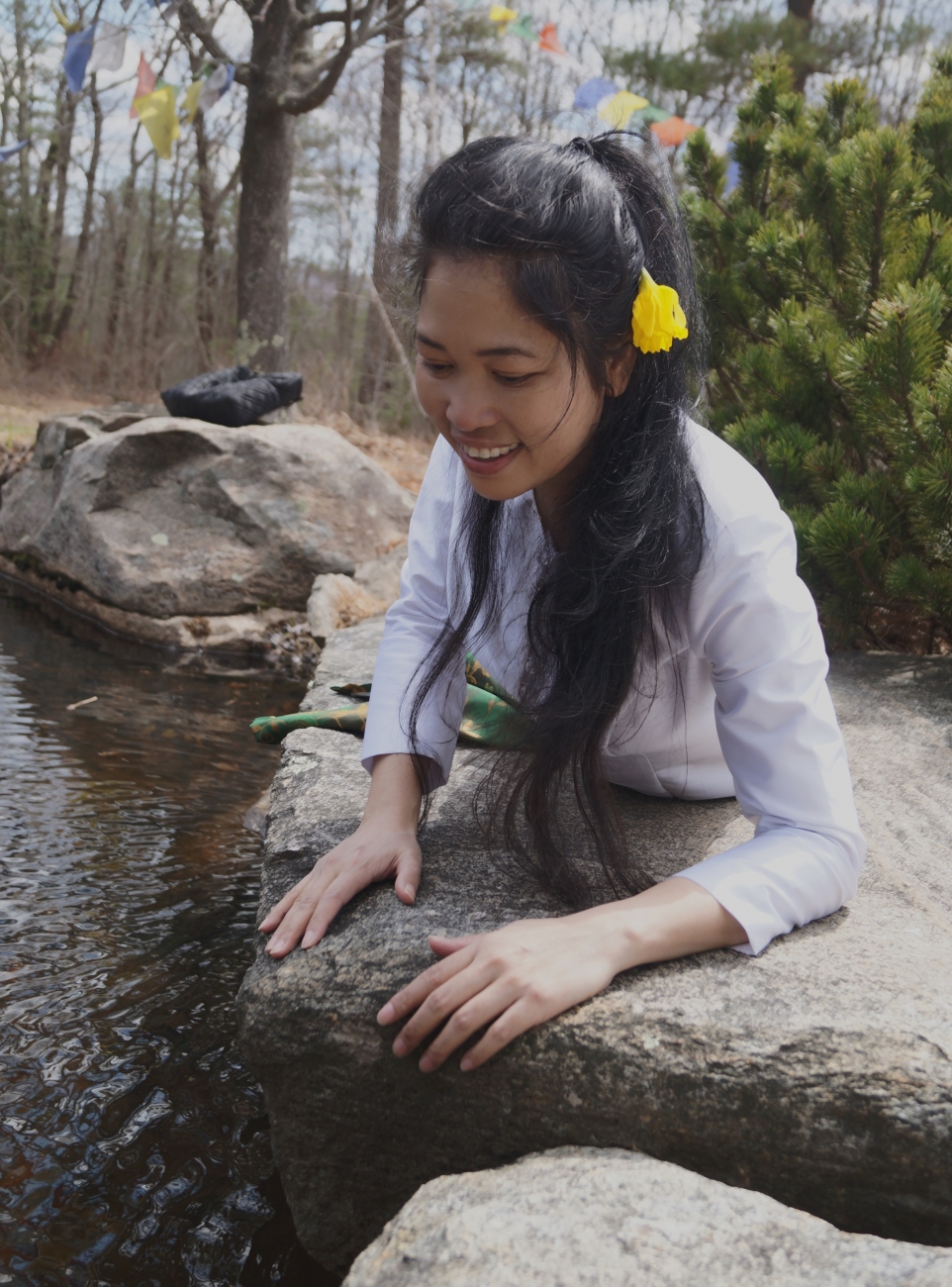
A Dhammatalk by Ajahn Chah
In every home and every community, whether we live in the city, the countryside, the forests or the mountains, we are the same in experiencing happiness and suffering. So many of us lack a place of refuge, a field or garden where we can cultivate positive qualities of heart. We experience this spiritual poverty because we don’t really have commitment; we don’t have clear understanding of what this life is all about and what we ought to be doing. From childhood and youth until adulthood, we only learn to seek enjoyment and take delight in the things of the senses. We never think that danger will threaten us as we go about our lives, making a family and so on.
If we don’t have land to till and a home to live in, we are without an external refuge and our lives are filled with difficulty and distress. Beyond that, there is the inner lack of not having sīla and Dhamma in our lives, of not going to hear teachings and practice Dhamma. As a result there is little wisdom in our lives and everything regresses and degenerates. The Buddha, our supreme teacher, had mettā (loving-kindness) for beings. He led sons and daughters of good family to be ordained, to practice and realize the truth, to establish and spread the Dhamma to show people how to live in happiness in their daily lives. He taught the proper ways to earn a livelihood, to be moderate and thrifty in managing finances, to act without carelessness in all affairs.
But when we are lacking in both ways, externally in the material supports for life and internally in spiritual supports as well, then as time goes by and the number of people grows, the delusion and poverty and difficulty become causes for us to grow further and further estranged from Dhamma. We aren’t interested in seeking the Dhamma because of our difficult circumstances. Even if there is a monastery nearby, we don’t feel much like going to listen to teachings because we are obsessed with our poverty and troubles and the difficulty of merely supporting our lives. But the Lord Buddha taught that no matter how poor we may be, we should not let it impoverish our hearts and starve our wisdom. Even if there are floods inundating our fields, our villages and our homes to the point where it is beyond our capability to do anything, the Buddha taught us not to let it flood and overcome the heart. Flooding the heart means that we lose sight of and have no knowledge of the Dhamma.
There is the ogha (flood) of sensuality, the flood of becoming, the flood of views and the flood of ignorance. These four obscure and envelop the hearts of beings. They are worse than water that floods our fields, our villages or our towns. Even if water floods our fields again and again over the years, or fire burns down our homes, we still have our minds. If our minds have sıla and Dhamma we can use our wisdom and find ways to earn a living and support ourselves. We can acquire land again and make a new start. Continue reading →
















